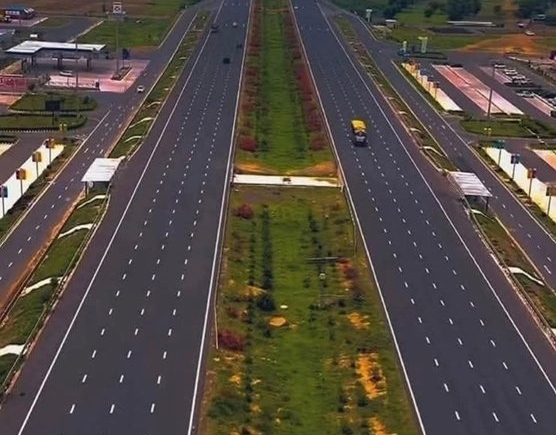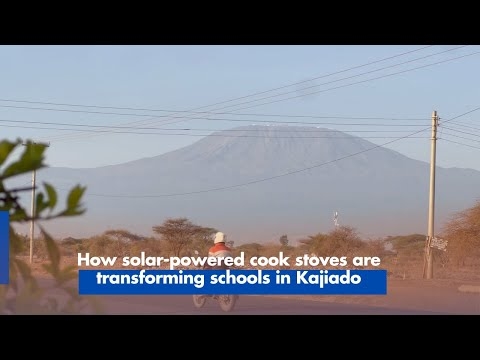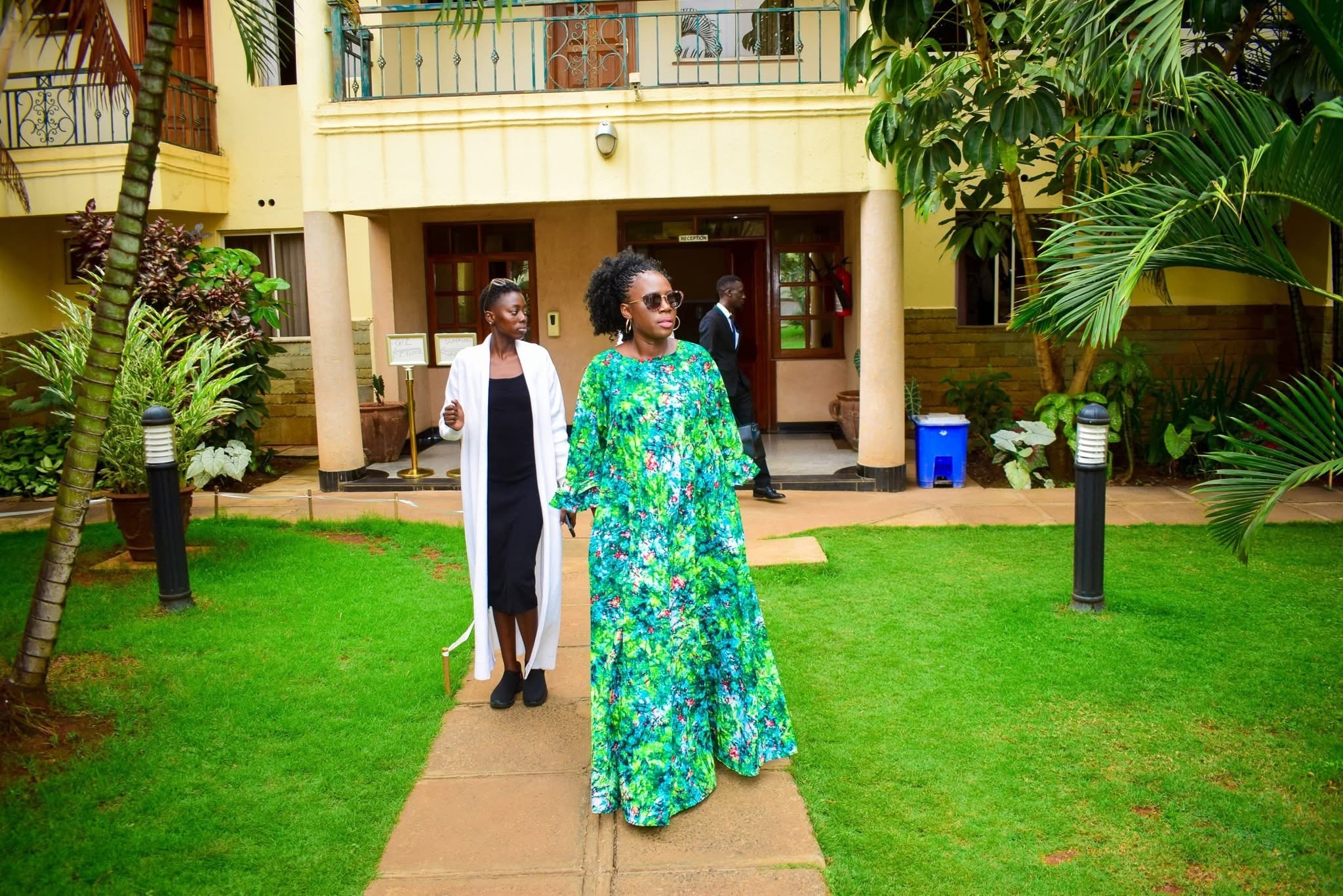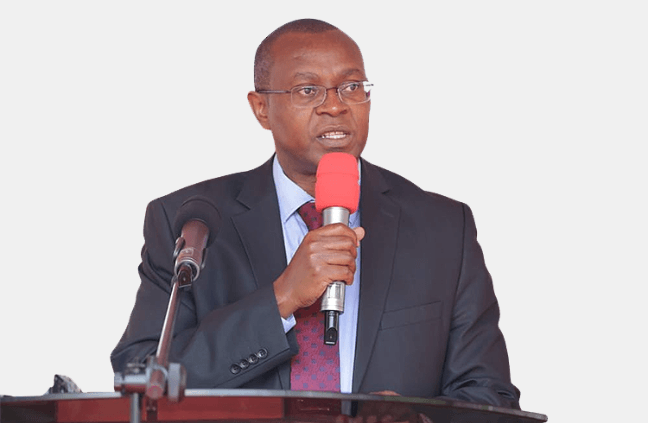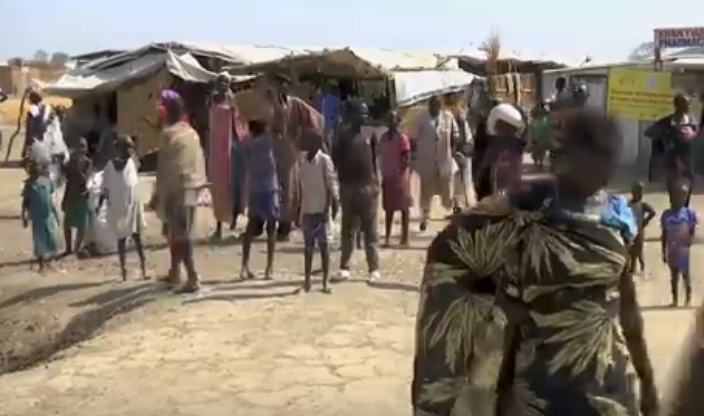
The UN Commission on Human Rights in South Sudan has marked
the 11th anniversary of the country’s civil war with the release of a 19-minute
video report.
The video titled “The Unrelenting Cycle of Violence in
South Sudan” has highlighted the ongoing cycle of violence and human
rights violations.
It has featured testimonies from victims, shedding light on
the deep and enduring pain caused by the conflict that has ravaged the nation
for over a decade.
The report underscores the persistence of widespread human
rights abuses and systemic violence, calling for immediate action to break the
cycle of impunity and achieve lasting peace.
Chair of the Commission Yasmin Sooka said the lack of
accountability for those responsible for the horrific crimes has led to a
culture of impunity, emboldening perpetrators who fear no retribution.
“The demand from South Sudanese civilians is clear: they
want justice and reparations for the suffering they have endured. They have
waited far too long,” Sooka added.
The video report has drawn on the harrowing accounts of
victims, illustrating the emotional and physical toll the conflict has
inflicted on individuals, families, and entire communities.
The UN Commission video has painted a grim picture of a
nation still gripped by politically driven violence, ethnic strife, and a
failure to address the root causes of the conflict.
Despite multiple peace agreements, including the 2015 Peace
Agreement and the 2018 Revitalized Agreement, South Sudan continues to be torn
apart by massacres, sexual violence, extrajudicial killings, and displacement.
The report also highlights the entrenched repression in
South Sudan, where civic and political freedoms are severely restricted, and
those who speak out or dissent face threats from the National Security Service.
The Commission emphasised that addressing the issues
requires a comprehensive approach to transitional justice, including criminal
accountability, truth-telling, reparations and institutional reforms to prevent
future violence.
Commissioner Carlos Castresana Fernandez regretted that the
human cost of the conflict in South Sudan is immeasurable.
“For the victims and survivors, the lack of accountability
remains one of the most significant barriers to peace. Failing to end impunity
is a failure of governance and leadership. The situation will not improve until
there is a robust, independent national system of justice,” Fernandez added.
The report stressed that, without a commitment from national
leaders to peace and justice, South Sudan will continue to struggle with the
legacy of the 2013 civil war.
The conflict has already claimed hundreds of thousands of
lives, displaced millions, and shattered the country’s social fabric.
The Commission has urged the South Sudanese government to
take concrete steps to implement key justice mechanisms, including the
establishment of the Hybrid Court and the Commission for Truth, Reconciliation,
and Healing.
The report also called for the creation of the Compensation
and Reparation Authority to ensure that victims receive the support and
recognition they deserve.
Commissioner Barney Afako emphasised that “Thousands of
South Sudanese continue to live in fear of violence, displacement, and death,
yet those responsible for their suffering remain at large or in positions of
power.”
He urged authorities to stop shifting blame and take urgent
action to establish accountability mechanisms to prevent further violence.
As South Sudan marks this somber anniversary, the UN
Commission has reiterated that lasting peace and reconciliation can only be
achieved through genuine accountability, the protection of human rights, and
the creation of an environment where citizens can trust the state to guarantee
their rights.
“Without a genuine commitment to accountability, peace and
reconciliation will remain elusive,” Afako warned.



